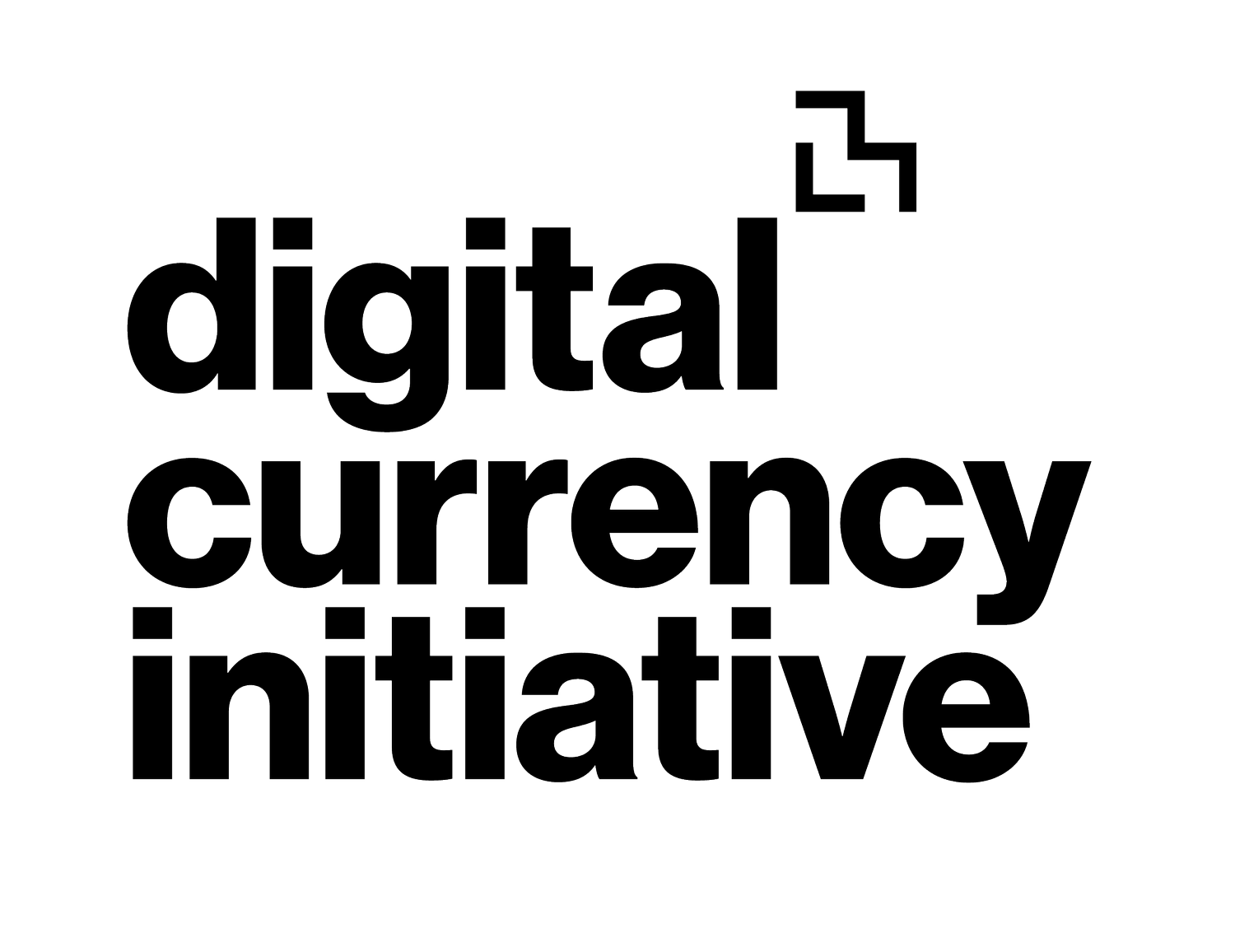The Impact of Blockchain Technology on Finance: A Catalyst for Change
Executive Summary:
Blockchain technology – though still young and facing technical, commercial and regulatory challenges – has the potential to change many aspects of the financial services sector and the broader economy. New ways to intermediate capital and risk are emerging, providing a catalyst for change to incumbent financial sector firms. These technologies could improve automation across organisations and widen financial access. However, the technical and social infrastructure underpinning the technology is still significantly underdeveloped. Numerous technical challenges must be overcome – including performance, scalability, privacy, security, interoperability and governance – if it is to live up to any of its promise.
Prior waves of internet innovation overcame similar constraints over time, aided by ongoing enhancements to software, increases in basic computing power and investment in communications networks. With thousands of developers worldwide working on open source projects that aim to improve blockchain protocols and applications, there is reason to be optimistic that the technical issues will be addressed over time.
Yet the challenges are not just technical. The transition from existing business models to new arrangements potentially enabled by this technology is also hindered by commercial obstacles. Many companies and financial market utilities are trying proofs of concept or pilots, but none (to date) has applied blockchain technology to core business processes. Given that this technology’s strength depends in part on multiple organisations using the same network – a structure that requires coordination among many parties – the path to incremental adoption is not clear.
In addition, blockchain projects need to be brought more fully within existing public policy frameworks. Rules that establish fair, efficient markets – and that protect investors – are just as important for blockchain-based decentralised financial products as for more established dimensions of finance. Also important and highly relevant are the policy goals of ensuring financial stability and guarding against tax evasion, money laundering and terrorism finance.
There are social and economic benefits from encouraging sensible innovation in blockchain technology that is consistent with established public policy goals. Properly introduced, the technology can mitigate the ‘cost of trust’, which manifests itself in numerous ways within the financial system and the economy (Casey and Vigna, 2018a; 2018b). In so doing, it could lower overall costs, reduce economic rents and create a more secure and fairer financial system.
In this report, we first provide a summary review of the basics of blockchain technology and its challenges, costs and benefits. We then give an overview of blockchain technology and the potential direct impact on the financial sector, including a discussion of tokens, initial coin offerings (ICOs), and cryptoexchanges – all critical issues today. Building on this, we offer thoughts on possible use cases beyond the world of finance.
Given the salience of public policy issues presented by the rapidly expanding markets for what we call ‘crypto-finance’, we provide a detailed review of ICOs and crypto-exchanges. Crypto-finance and token or coin trading have become the first significant applications of blockchain technology. With approximately $300 billion in crypto asset market capitalisation, over 3,000 ICOs launched to date and 200 crypto-exchanges, this is a moment of decision for public officials and leading market participants. These markets currently operate with little or no investor protection, and are frequently subject to fraud, scams, front-running and other manipulative behaviour.
Following a discussion of public policy considerations and a review of the global regulatory approach to date, we explore in greater depth the current debates within the US and the possible path forward. Though a detailed review of all jurisdictions is outside the scope of this report, we believe the ongoing debates within the US are relevant to policymakers in all other locales where similar challenges arise.
Authors:
Michael Casey, MIT Sloan and MIT Media Lab; Chair of Advisory Board, CoinDesk
Jonah Crane, FinTech Innovation Lab and RegTech Lab
Gary Gensler, MIT Sloan and MIT Media Lab; Chairman, Maryland Financial Consumer Protection Commission
Simon Johnson, MIT Sloan; Member of Advisory Board, CoinDesk (unpaid); Peterson Institute for International Economics; CEPR
Neha Narula, MIT Media Lab Digital Currency Initiative and MIT Sloan

